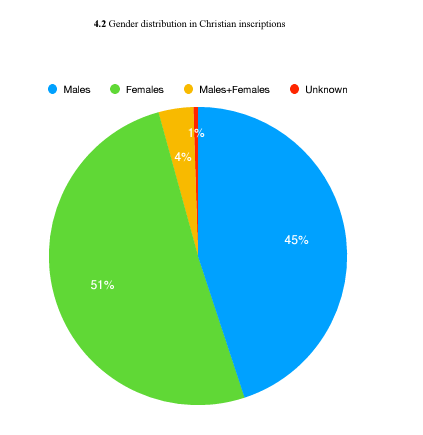
Lutheran Husband Dad Kentuckian Demographer I tweet from the hip. @DemographicNTEL. Buy my book: https://t.co/86OkMZgI0p lymanrstone at gmail dot com




 12 subscribed
12 subscribed




 12 subscribed
12 subscribed
How to get URL link on X (Twitter) App





 12 subscribed
12 subscribed

 if you wanted one mathematical construct that i think is most closely a proxy for a quantitative rule of moral behavior, it would be the discount rate. lower discount rates are almost always more moral than higher discount rates. patience is the basic virtue.
if you wanted one mathematical construct that i think is most closely a proxy for a quantitative rule of moral behavior, it would be the discount rate. lower discount rates are almost always more moral than higher discount rates. patience is the basic virtue.



 So first you need to understand the intervention.
So first you need to understand the intervention.

 source: prism.ucalgary.ca/server/api/cor…
source: prism.ucalgary.ca/server/api/cor…
https://twitter.com/aarmlovi/status/1777713609474281574okay but more seriously:


https://twitter.com/MTabarrok/status/17763909108440106501) Is fertility U-shaped with income?
https://x.com/lymanstoneky/status/1693412441793695830


 It actually is totally technologically possible for a state or nonstate actor to get, say, 3,000 drones, and have 3,000 guys pilot them. That is possible. Tbh it's shocking it isn't already done in Ukraine; both sides have the manpower to do it.
It actually is totally technologically possible for a state or nonstate actor to get, say, 3,000 drones, and have 3,000 guys pilot them. That is possible. Tbh it's shocking it isn't already done in Ukraine; both sides have the manpower to do it.

https://twitter.com/jeanmackenzie/status/1762674717360877693it also quotes zero economists or sociologists. this isn't a disciplinary critique.
https://twitter.com/PerfInjust/status/1759613882006401450I will believe Classical education has truly come into its own when Classical school libraries have a larger number of reproductions of the Sagas and Eddas than Greek myths, when the Kalevala is read as often as the Odyssey.

https://twitter.com/MartinKolk/status/1759575513192927554I really like this paper and I think @MartinKolk and @ognjenob maybe missed what I think is one of its biggest points of general relavence:



 Well, there have been a few studies in particular I think are important.
Well, there have been a few studies in particular I think are important. https://twitter.com/Valen10Francois/status/1652630834141167617The problem with arguments that a harsher peace couldn't have been imposed is that basically every Allied power other than America wanted a harsher peace and was willing to keep fighting a few more months to get one, and Wilson almost single-handedly thwarted that.
https://twitter.com/matt_vanswol/status/1747021789518045469A lot of people pursuing therapy do not have diagnosed conditions, nor would the use of a short diagnostic questionnaire indicate the presence of such conditions. There's no reason to expect any benefit for these people.